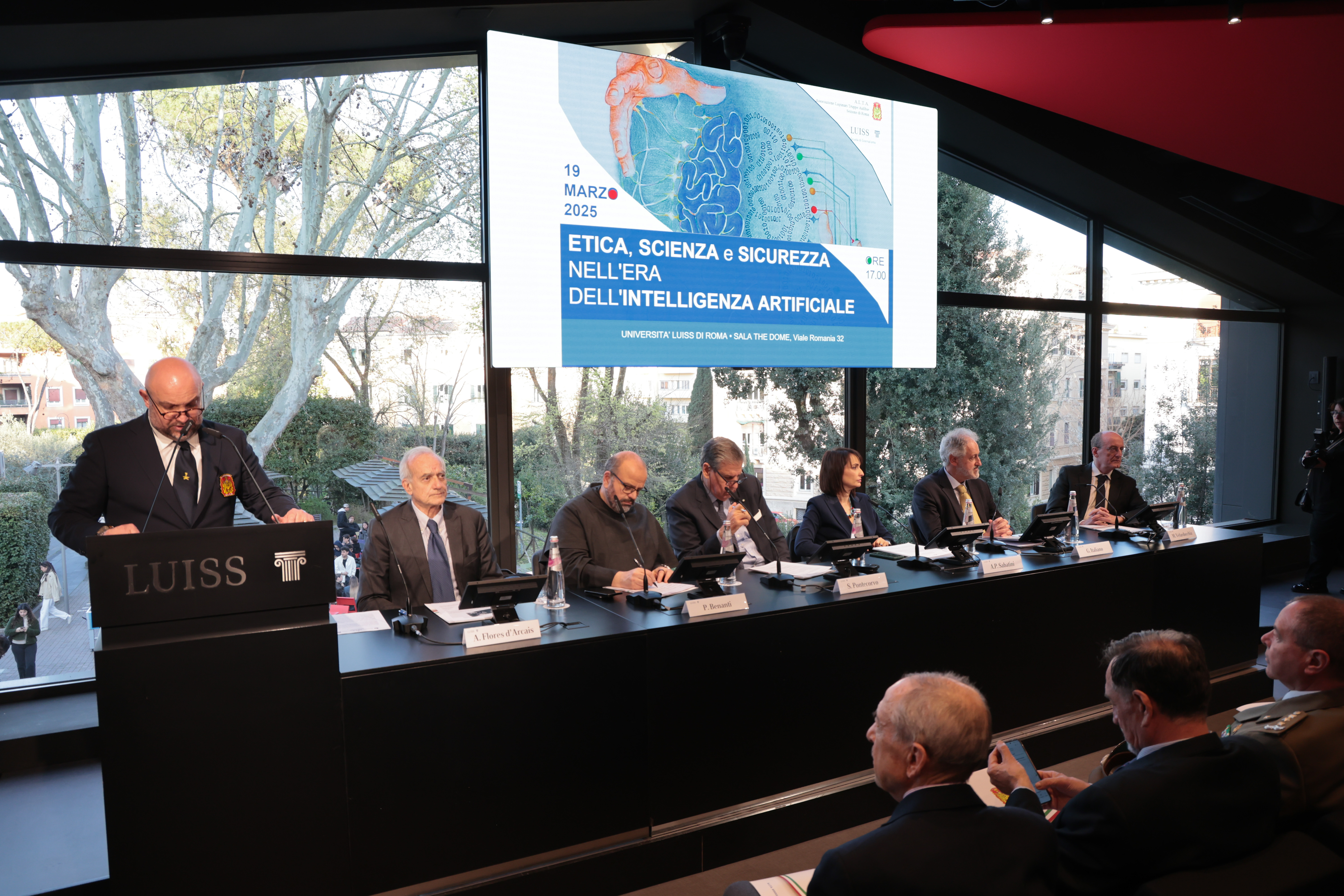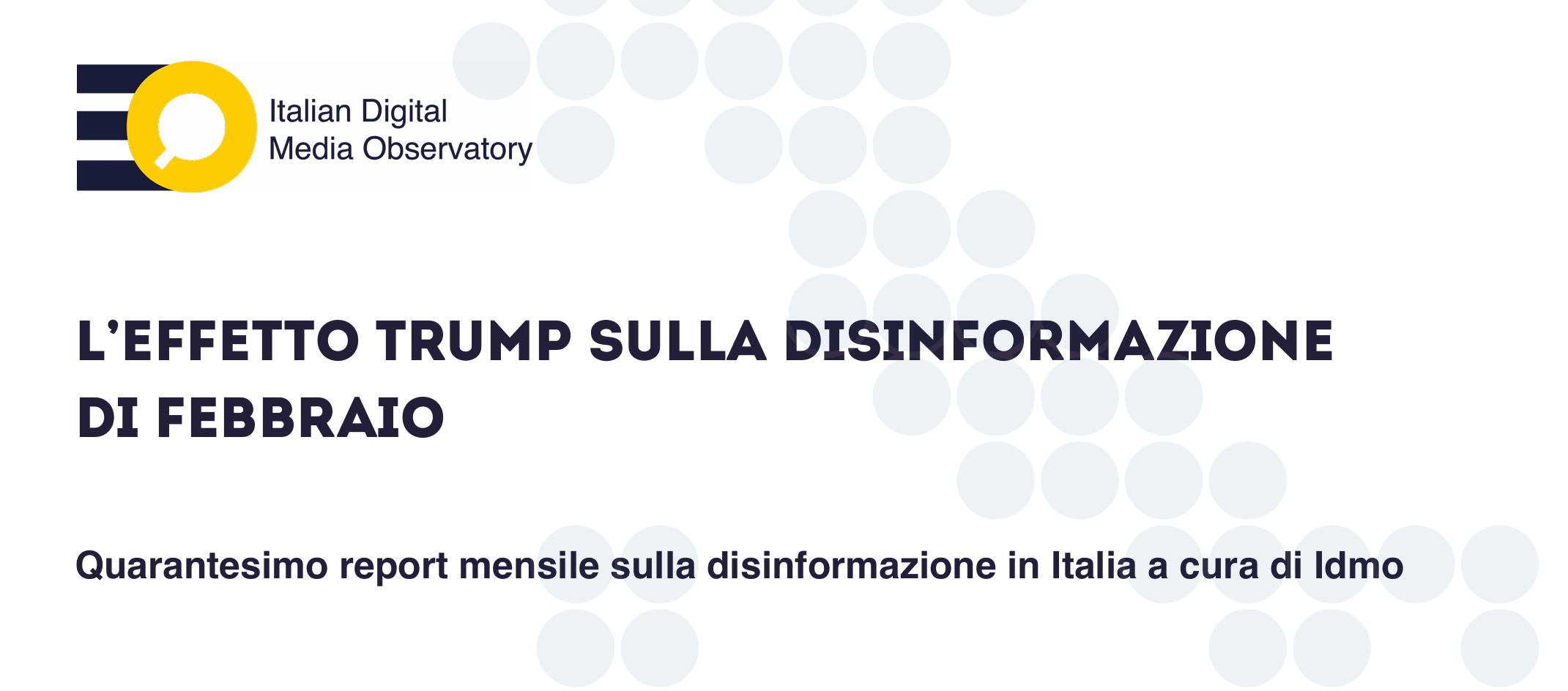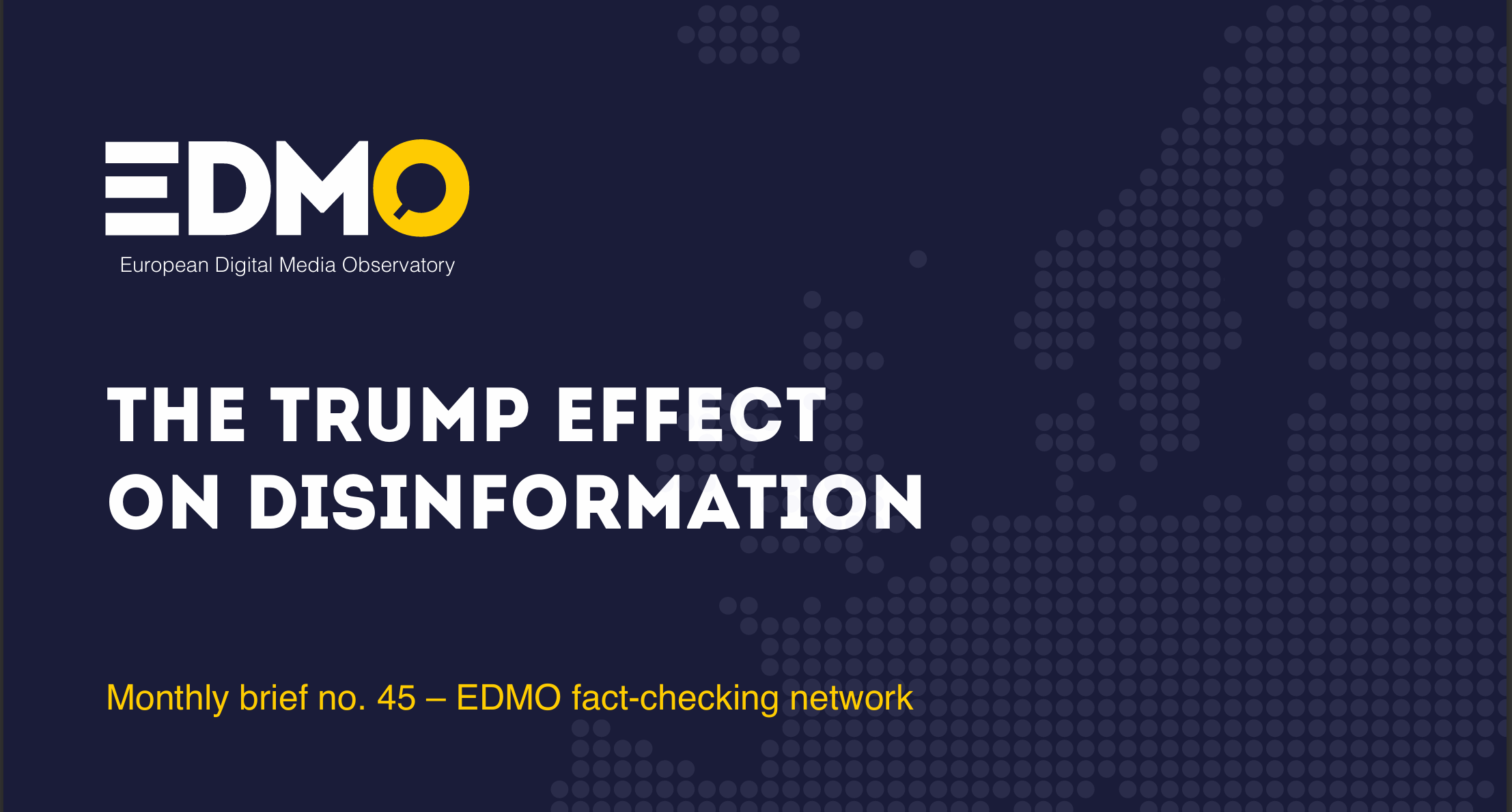Foreign interference helped to spread disinformation during the US elections. US authorities have repeatedly acknowledged the role of state actors such as China, Russia and Iran in these operations. Many of the activities were concentrated within months or days of the vote. In September for instance – two months before the election – the US Department of Justice announced that it had disrupted a Russian-influenced operation known as ‘Doppelganger’, seizing thirty-two web domains used to spread pro-Russian propaganda and imitate authentic news sites, including the Washington Post.
On US election day, the FBI warned Americans about the circulation of three fake videos that used the agency’s symbols to promote false voting information. The first reported an elevated terrorist threat and urged Americans not to go to the polls. The second included a fake press release claiming that the vote had been manipulated, while the third claimed that the FBI had received 9,000 reports of voting machine malfunctions.
Exactly measuring the impact of disinformation operations on the public is difficult, but several data suggest that, in the days leading up to and during the vote, one of the most effective actors in spreading disinformation (in terms of users reached) was not a foreign agent, but Elon Musk. The entrepreneur and technology innovator who actively supported Donald Trump, contributing financially to his election campaign and taking a significant role in his administration.
Elon Musk’s role in spreading misinformation
According to the British-American non-profit, none of these posts were subjected to the verification system known as ‘Community Notes’, the user-managed fact-checking tool that Musk described as an effective and immediate method to counter fake news.
Musk’s statements analysed by the study mainly concern two uninformative theories: that the Democrats have ‘imported voters’ through various strategies, such as illegal immigration, and that the voting system is unreliable. For example, in one post Musk claims that in swing states there has been a ‘triple-digit increase in illegal immigrants over the last four years’ and that this is an ‘unprecedented importation of voters’. This post has reached 21 million views.
On another occasion, Musk claimed that if the Democratic Party wins the election, the federal government could ban the requirement to present an ID card to vote, a measure already abolished in California. This statement also attracted a lot of attention, reaching 11.9 million views.
Musk’s favourite narrative seems to be that Democrats are tolerating or encouraging illegal migration for electoral purposes. The study shows that these kinds of statements, repeated in 66 posts published between January and October, have garnered nearly 1.3 billion views. In one post, Musk wrote that Democrats ‘are deliberately importing voters’, calling the situation ‘obvious’. Another post states that ‘the Democratic administrative apparatus is transporting millions of future voters directly to swing states’ to ensure ‘permanent one-party domination.’
The statements, which were widely shared and commented on, raise questions not only about Musk’s role in spreading disinformation, but also about the effectiveness of his own platform’s measures to counter the circulation of fake news.
Despite Musk’s statements about X’s transparency and fact-checking, the failure to apply the platform’s Community Notes to such controversial posts casts doubts on X’s ability to deal with the problem, especially when it is its owner who publishes the posts.
Fact-checking on Elon Musk’s claims
Elon Musk’s statements about the Democrats’ alleged attempts to “import voters” through illegal immigration are belied by the facts. The idea that immigrants can be ‘recruited’ to build an electoral majority for the Democratic Party is unfounded. Becoming a US citizen, a necessary condition to exercise the right to vote, is a process that takes years. Moreover, there is no guarantee of the electoral behaviour of naturalised immigrants. For non-citizens, participating illegally in an election carries serious risks, including deportation or imprisonment, factors that make such a practice extremely unlikely.
Musk’s assertions about alleged cases of electoral fraud in connection with postal voting or ballot boxes are also unfounded. Documented cases of fraud in this context are very rare. Ballots sent by mail are subject to strict verification: the data is checked both when the voter requests it and when the ballot is received. In addition, 36 states require voters to present some form of identification at the polling station, while the remaining 14 use alternative methods to verify identity, such as comparing signatures with those on file. In all states, those who vote by lying about their identity are liable to prosecution for making a false statement.
These systematic controls render allegations of mass voter fraud or large-scale manipulation unfounded, thus dismantling one of Musk’s main arguments.
Edited by Francesco Di Blasi



